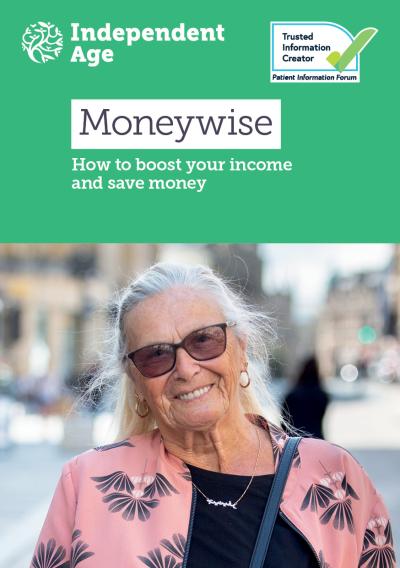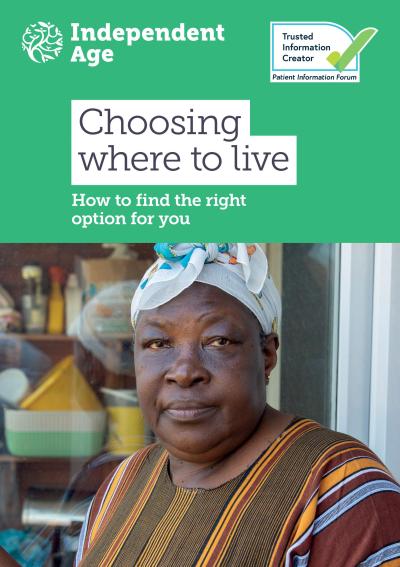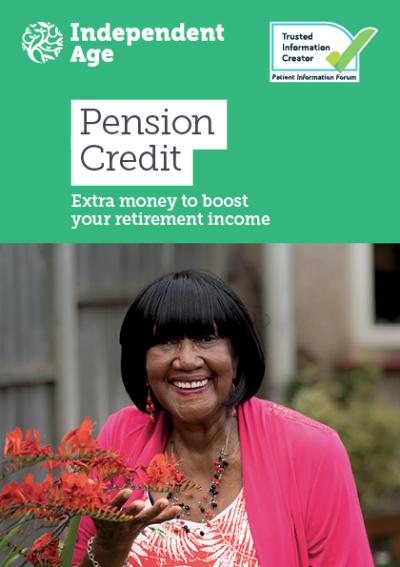Related publications

Moneywise

Choosing where to live

Missed rent payments are known as 'arrears', and are considered 'priority’ debts. If you’re struggling to pay your rent, you can get support to work out your options.
If you are worried about being evicted by your landlord, speak to your nearest Citizens Advice. They have lots of information about your rights, and what you can do.
You can also call Shelter for support in an emergency – for example, if you’ve received an eviction notice:
Rent arrears are considered ‘priority’ debts because they could mean you’re at risk of being evicted from your home. If you have other debts to manage, it is usually best to prioritise your rent over them. See our Different types of debt page to learn the best ways to manage each debt.
Whether you rent from a private landlord, the council or a housing association, it's important to contact your landlord as soon as possible.
Communicate with them as openly as you can. For example, you could explain why you’ve fallen behind on rent, or the steps you’re taking to get back on track. If you show you’re willing to pay back the debt, it’s more likely you’ll be able to stay in your home. Keep your landlord updated about your circumstances, and keep copies of any letters or emails you send.
If you’re struggling to communicate with your landlord, Shelter has letter templates that may be useful:
Your landlord should not harass you, or put pressure on you to leave. If you do feel threatened or bullied in any way, speak to someone. Our Help if you’re in debt page has information about organisations that can support you.
If you can’t pay off your rent arrears in full, you should ask your landlord for time to pay them back. Even if you’ve already received papers saying your landlord is taking you to court, you can still set up a repayment plan.
You could:
It’s important you agree a repayment plan you can afford to stick to. Speak with a debt adviser before deciding on a plan – visit Help if you’re in debt for organisations that can help.
Avoid short-term solutions like payday loans and loan sharks. This can often be dangerous and make your problems worse. If you have borrowed from a loan shark or want to report them, call the government’s confidential hotline.
Cutting down on other costs can help you prioritise your rent and other priority debts.
Even if your landlord has taken legal action to evict you, it’s not too late to pay off your arrears and stay in your home.
If your landlord wants to evict you, they may have sent you a notice to quit (NTQ). This is sometimes known as a Notice to Leave in Scotland. This is usually the first step a landlord takes to evict a tenant, but doesn’t mean you have to leave your home – remember that eviction is a legal process and takes time. You’ll usually need to go to court before you can be evicted.
In Scotland, the government has introduced a temporary rent cap and ban on evictions. This means a landlord cannot increase your rent by more than 3% or carry out evictions until at least 31 March 2024, except in special circumstances. Visit Shelter Scotland for more information.
If you’re worried about eviction, it’s not too late to get help – visit StepChange or Shelter for more information.

For information on how to get expert advice and take control of your debt, see our webpage Help if you’re in debt.
Contact a free debt advice service, such as: